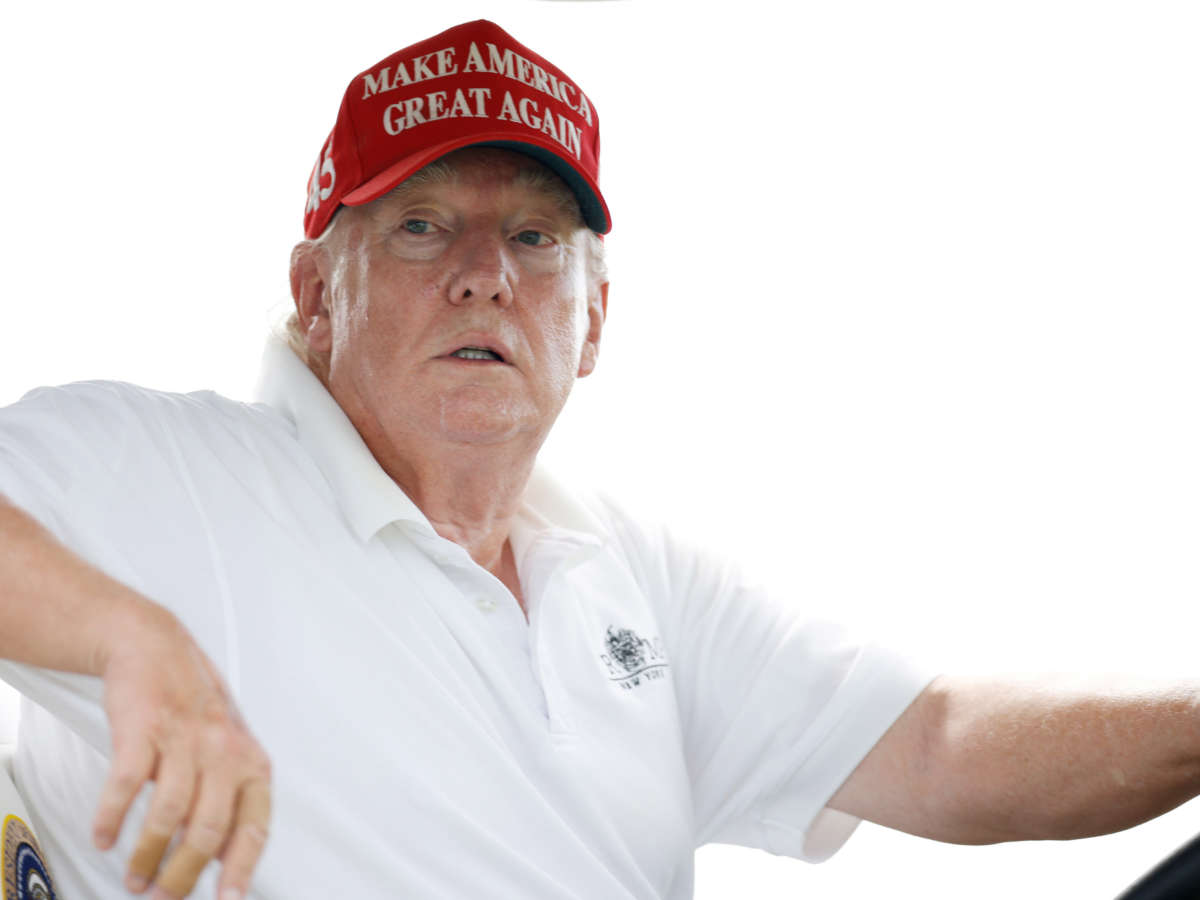Nearly two years after the 2020 presidential election, former President Donald Trump is demanding that he be reinstated as chief executive — or that a new election be held immediately to determine if he should replace current President Joe Biden.
Trump recently posted on his Truth Social website that there is “conclusive” evidence that the investigation into Hunter Biden’s stolen laptop was compromised, and that, had this evidence been more publicized during the 2020 election season, he would have won the race.
“REMEDY: Declare the rightful winner,” Trump said in his social media post. “Or, and this would be the minimal solution, declare the 2020 Election irreparably compromised and have a new Election, immediately!”
In a separate post, Trump improperly accused a FBI agent in the Hunter Biden probe of being involved in the search warrant that was executed on his Mar-a-Lago property earlier this month.
Timothy Thibault, the agent in question, resigned from his position at the bureau this week due to allegations of bias. Thibault was not involved with the Mar-a-Lago search or the investigation relating to it.
Nevertheless, Trump errantly told his followers that the “agent in charge” of the Mar-a-Lago search “just walked out of the FBI” for “wrongdoing” — referencing Thibault’s resignation and wrongly connecting it to the search on his property.
The “Presidential Records Act was fully adhered to by me, but not by the FBI,” Trump went on.
There is no provision in the Constitution for reinstating a former president who believes they lost an election due to perceived wrongdoing in a criminal investigation — nor is there any provision for a “re-do” election to take place for any reason.
Trump’s complaints about the FBI’s actions in the 2020 election are hypocritical, as the agency’s decisions have previously worked in his favor; in 2016, the FBI made the controversial move to announce a reexamination of Hillary Clinton’s deleted emails just weeks before the election, only to announce, once again, that she’d face no criminal charges. Many credit that decision as instrumental in Trump’s victory in that year’s presidential race.
Trump’s claim that he “fully” adhered to the Presidential Records Act is also dubious. That act requires presidential administrations to preserve all documents a president handles while in office. Yet Trump frequently tried to destroy presidential records by ripping documents apart or by trying to flush them down the toilets at the White House.
Trump faces bigger problems than his violation of the Presidential Records Act, however. The warrant for the search of his Mar-a-Lago estate mentions that Trump may be in violation of the Espionage Act, a law that is used to prosecute people who mishandle government information to the detriment of the U.S.’s interests abroad. (Notoriously, the law is often used to prosecute whistleblowers and antiwar activists.)
The search of Trump’s residence in Palm Beach, Florida, was in response to reliable evidence that he had been storing highly classified government documents at the estate; the National Archives and Records Administration (NARA) had been demanding that the documents be returned for more than a year and a half. Since the start of this year, more than 300 classified documents have been retrieved from Mar-a-Lago, including 20 boxes of material from the search warrant that was executed by the FBI in August. Many of the documents reportedly contain information relating to national security, including on nuclear weapons.


